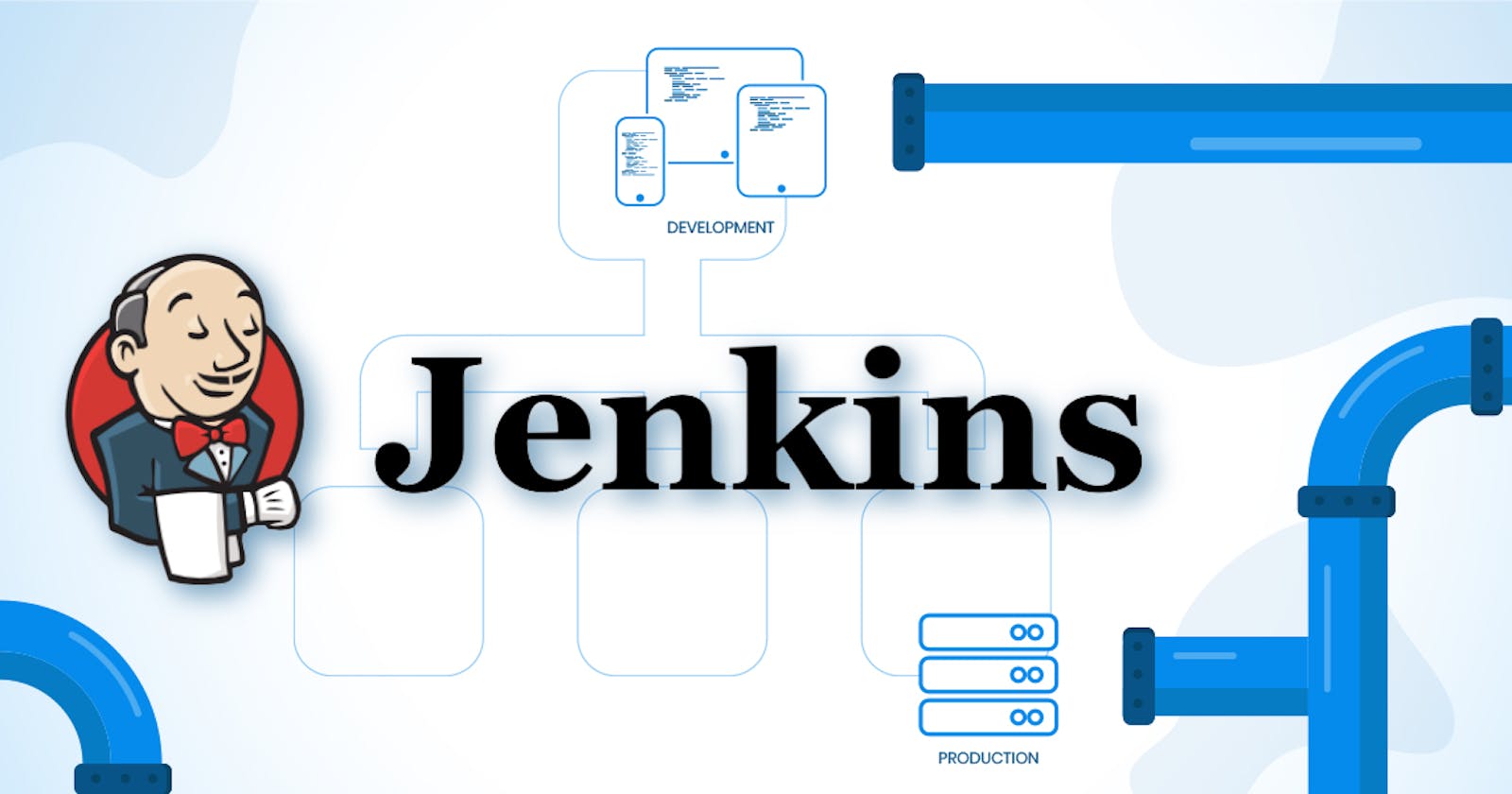Table of contents
Introduction:
Jenkins has emerged as a powerful and widely utilised automation tool in the realms of DevOps and continuous integration and delivery (CI/CD). However, is Jenkins suitable for enterprise environments?
In this article, we will discuss the advantages of Jenkins in an enterprise context, including its main features, scalability, security, and integrations. After this article, you will have a clear comprehension of why Jenkins is an excellent option for businesses seeking to optimise their DevOps workflow.
Streamlined CI/CD Pipelines: At the core of Jenkins is its capacity to construct flexible and robust CI/CD pipelines. Enterprises can automate their software development lifecycle with Jenkins, from code compilation to testing to deployment and monitoring. Its flexible pipeline architecture enables teams to define, execute, and visualise complex operations, ensuring consistent and efficient software delivery.

Scalability and Distributed Build: The capacity to manage large-scale projects and geographically dispersed teams is a common requirement in enterprise settings. Jenkins is exceptional in this regard because it allows builds to be distributed across several workstations or even remote agents. Because of its scalability, Jenkins can easily adapt to the needs of your business as it expands, allowing for faster feedback and a shorter time-to-market.

- Robust Security: Security is of the utmost importance in business contexts, and Jenkins provides numerous safeguards to keep your code and infrastructure safe. Jenkins allows for fine-grained management of user rights and access levels, including user authentication, role-based access control, and connection with enterprise authentication systems. Moreover, additional security measures, including credential management and encryption, can be implemented with the help of plugin extensions.

Extensive Integrations: Jenkins' extensive ecosystem of plugins allows it to integrate easily with a wide range of tools and technologies. Jenkins is compatible with many different kinds of software, including version control systems like Git and SVN, cloud services like AWS and Azure, and testing frameworks like Selenium and JUnit. This adaptability allows businesses to make use of their already existing resources, breaking down silos and paving the way for full-fledged automation.
Community Support and Continuous Improvement: Jenkins has a thriving open-source community that is always working to improve the tool's features. Jenkins is continually improved with bug fixes and new features to keep it at the cutting edge of CI/CD. Enterprises can take advantage of Jenkins to its fullest extent thanks to the community's comprehensive documentation, tutorials, and help forums.
Conclusions:
Jenkins is a standout automation tool for enterprise DevOps. It's a great option for businesses who want to improve their software delivery processes since it can simplify their CI/CD pipelines, expand to match their needs, provide strong security, interface with a wide range of tools, and benefit from an active community. With Jenkins, businesses can streamline their DevOps processes, increase productivity, and reduce time-to-market.
Jenkins is the best choice for a business looking for an automation tool. Leverage it, adopt the DevOps mindset, and drive your company forward.

